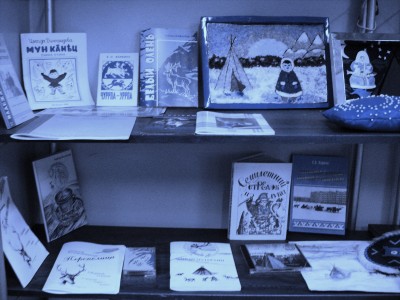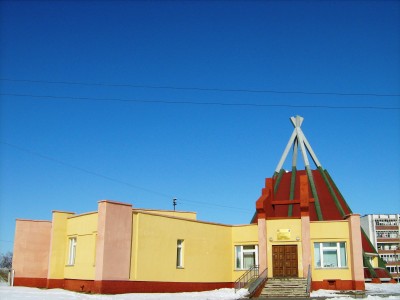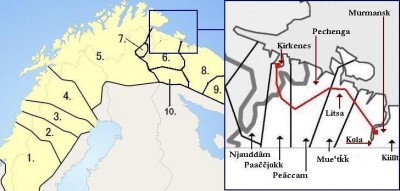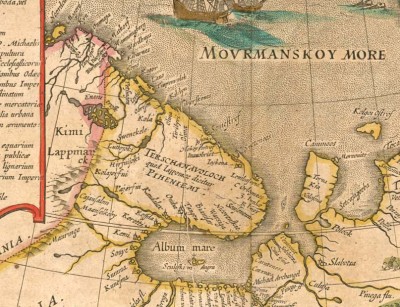The Norwegian Barents Secretariat‘s internet-based newsservice BarentsObserver recently interviewed a representative of the project team about the purpose of our project, and some of our findings. The article is available in English and Russian. The interview was also cited on Finugor.ru (Russian) and on the website of NRK Sámi Radio (Norwegian).
The interview focuses on Mikkel Berg-Nordlie’s study of Nordic (mainly Norwegian) print media’s discourses on the Russian Sámi. The group is typically framed as ‘victims’ who are dependent on Western assistance. This discourse exaggerates the problems of the Russian Sámi, and undercommunicates the degree to which the Russian Sámi are active in Russian civil society and politics. There is indeed a general lack of information in Nordic Sámi-oriented media about the nature of Russian Sámi politics and civil society, the structure of which is significantly different from that found on the Nordic side of the border.
PS: The project team wishes to emphasize that our work with this subject began in late 2009, and not in 2008 as the text on Finugor.ru claims.
 The Barents Region consists of thirteen ‘provinces’ of Norway, Sweden, Finland and Russia. The region’s indigenous peoples are also involved in the cooperation (see: www.barentsindigenous.org). On the map, blue indicates the Barents region, red is Sápmi and violet indicates the part of Sápmi that lies within the Barents region. (Map: modified from Wikimedia Commons).
The Barents Region consists of thirteen ‘provinces’ of Norway, Sweden, Finland and Russia. The region’s indigenous peoples are also involved in the cooperation (see: www.barentsindigenous.org). On the map, blue indicates the Barents region, red is Sápmi and violet indicates the part of Sápmi that lies within the Barents region. (Map: modified from Wikimedia Commons).




